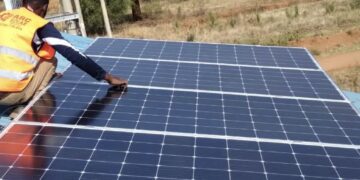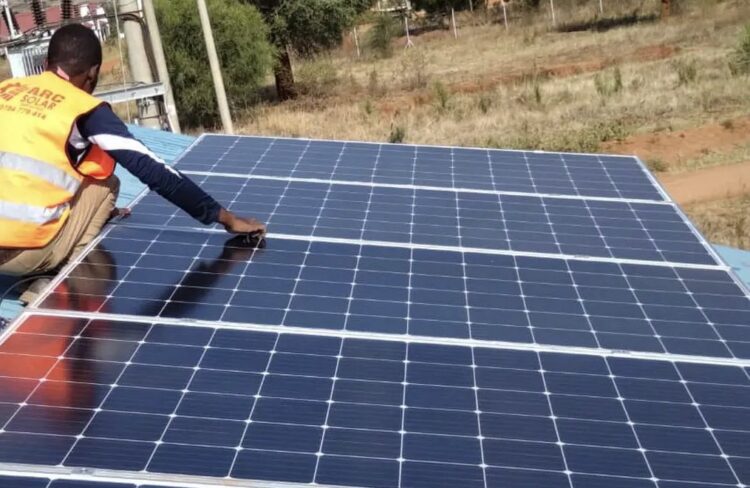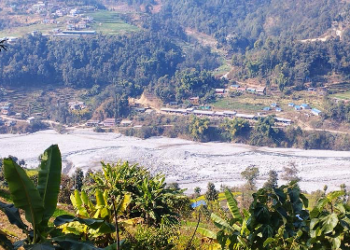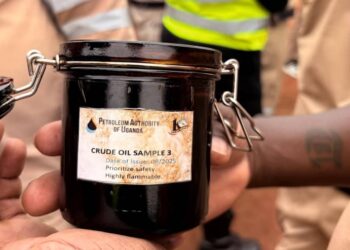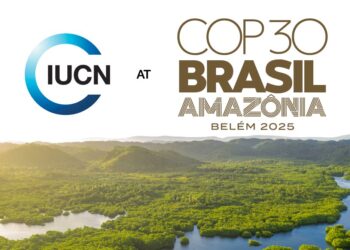Editor, last week, the media reported that the manager conservation education awareness at Uganda Wildlife Authority (UWA), Ms. Venice Mirembe urged Ugandans to embrace the use of clean energy to combat the rapid environmental degradation caused by deforestation across the country. She added that about 75% are still using firewood and a very small percentage is using clean energy such as gas, briquettes and other methods. It is true, only a small percentage of the population has access to electricity and other clean energy alternatives particularly in urban areas, despite efforts to expand electricity access in the country.
This is due to limited, unreliable and costly electricity infrastructure, limited investments in clean energy technologies particularly in rural areas which has resulted in destruction of forests. For decades, the country has relied on biomass use. According United Nations Development Programme (UNDP) data, only 15% of the Ugandan population has access to clean cooking technologies and over 90% of the population still cook with solid biomass such as charcoal, wood and other fuels. This leads to a wide spread deforestation and serious health issues from indoor air pollution.

Therefore, transition to clean energy sources such as solar, electric stoves, improved biomass cook stoves, among others is a fundamental need because clean energy has several notable benefits like conserving environment, reducing greenhouse gases emissions, improving health issues, contributing to global efforts to combat climate change. Additionally, clean energy is crucial given that the world has committed to reducing its emissions under Paris agreement to well below 2°C above pre-industrial levels and pursue a 1.5°C target. Furthermore, investing in cleaner energy can drive on the economic growth since the renewable energy sector has been hailed as a potential engine for job creation and economic development.
By and large, transition to clean energy presents a pathway towards sustainable development, economic growth and climate resilience. A collaborative effort involving government, the private sector, civil society and all concerned stakeholders is essential to make a universal access to clean cooking a reality for every household and this will help us conserve our forests and build a healthier and a more equal future for all Ugandans.
By Olive Atuhaire, Research Associate
Oliveatuhaire63@gmail.com
